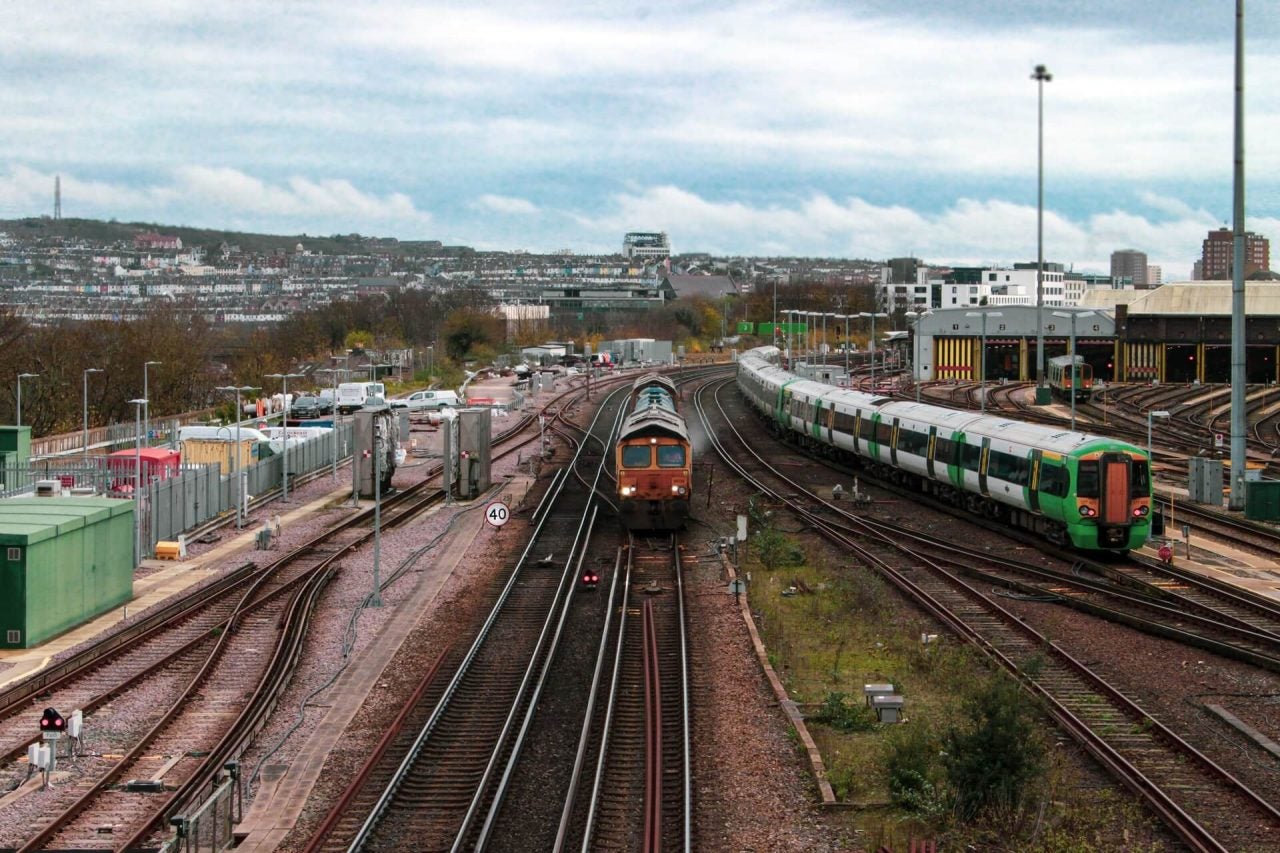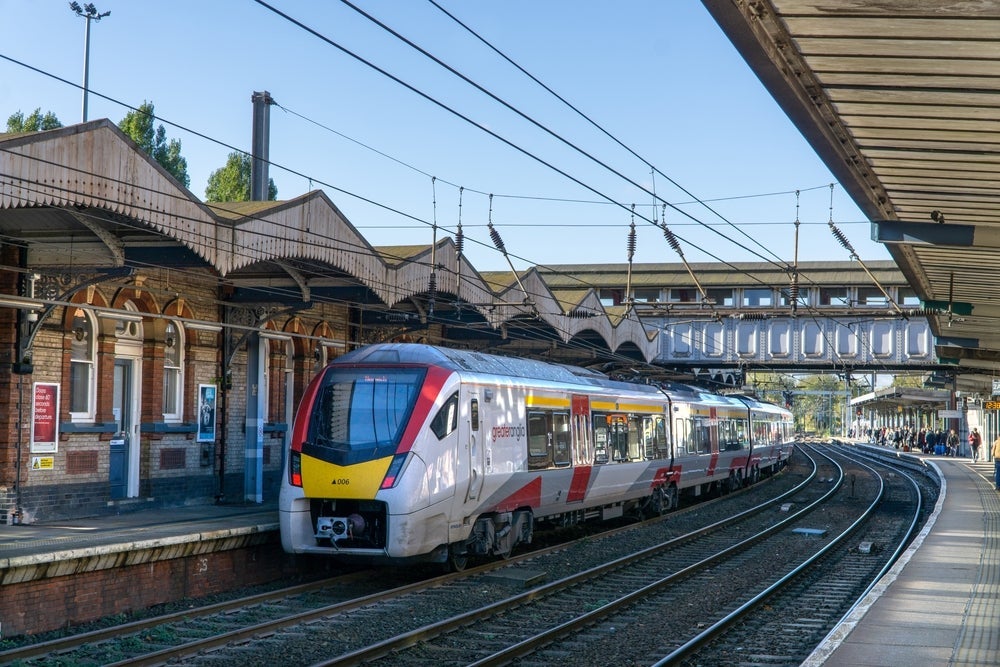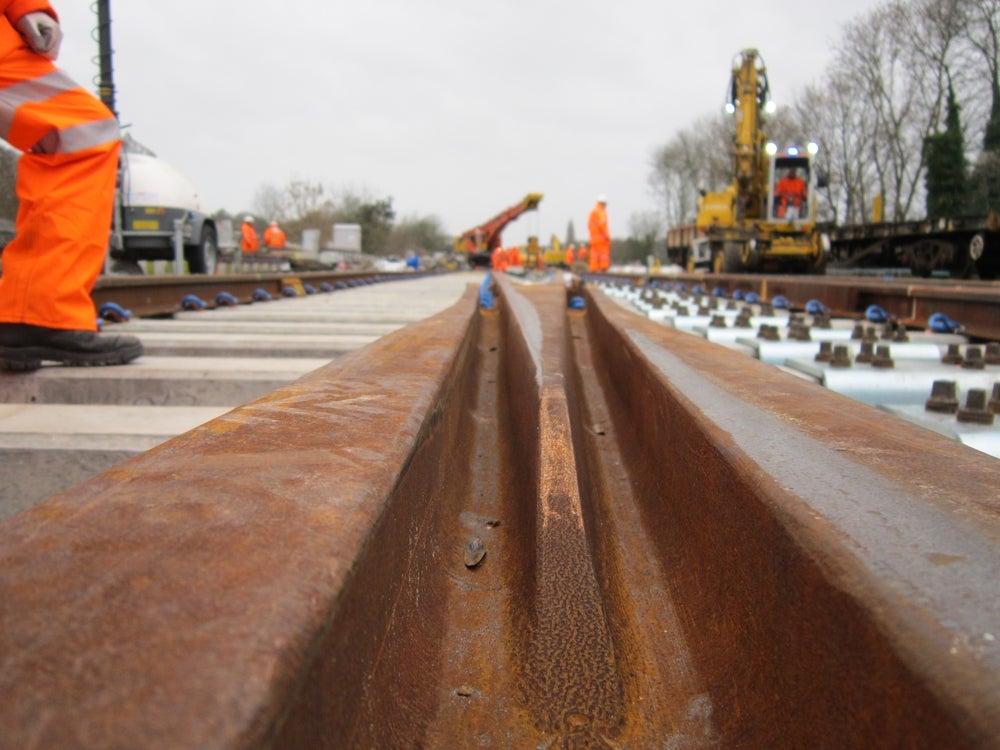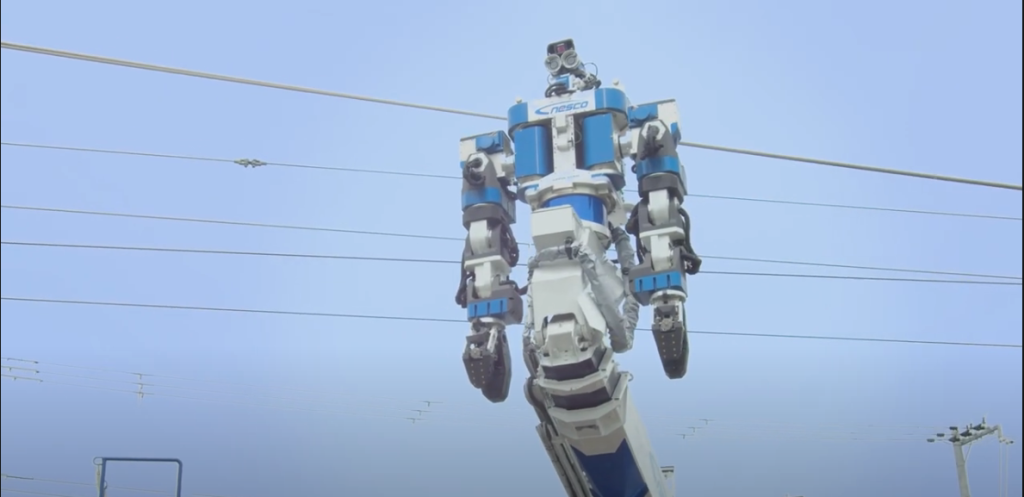Frankie Youd: Keep the guard, the strike is about safety
The Rail, Maritime and Transport (RMT) union held a total of 74 days of strikes between 2017 to 2020 opposing the removal of train guards on passenger services. The members of the union fought plans – proposed by South Western Rail (SWR) – which would see drivers operating the doors on new trains instead of the train guards. This added responsibility would not only put an increasing amount of pressure on train drivers but would also result in passengers potentially not receiving assistance in emergency situations.
Disruption caused by the RMT strikes caused 800 trains to be cancelled on every strike day which saw tens of thousands of passengers being unable to carry out their commute. However, although strikes caused mass disruption for rail commuters, the RMT union stressed that strikes were fundamental to highlight the safety concerns the removal of guards would cause.
During the ongoing strike action RMT general secretary Mick Cash said: “The union have shown an incredible amount of solidarity and voted for industrial action for an historic sixth time in one of the union’s longest running disputes.”
Four years on the dispute has finally come to an end with SWR guaranteeing that guards will still be stationed on every passenger train. The agreement has seen the ‘guard guarantee’ being put in place which will see guards spending more time with customers which is hoped to improve overall company performance.
The inclusion of a train guard on trains provides many benefits for passengers as well as train drivers alike, which presents the question as to why their removal was ever considered.
Train guards act as a second safety member to protect the safety of passengers in an emergency such as a fire, derailment, evacuation, and train door security issues. According to RMT 80% of train guards have prevented an emergency from arising, with 80% of guards having used their safety critical training onboard during an emergency.
How well do you really know your competitors?
Access the most comprehensive Company Profiles on the market, powered by GlobalData. Save hours of research. Gain competitive edge.

Thank you!
Your download email will arrive shortly
Not ready to buy yet? Download a free sample
We are confident about the unique quality of our Company Profiles. However, we want you to make the most beneficial decision for your business, so we offer a free sample that you can download by submitting the below form
By GlobalDataAn incident which illustrates this is the Lime Street tunnel collapse which saw the evacuation of hundreds of passengers who were trapped for hours on trains in tunnels outside Liverpool Lime Street station. Both train services involved in the collapse had train guards onboard to lead the evacuation, keep the passengers calm and lead them to safety.
The removal of these guards – which would have seen the driver alone in the emergency – may have led to passengers having to walk unaided around debris and damaged 25,000-volt power lines.
Anti-social behaviour has also been reduced on passenger trains with 98% of guards having dealt with anti-social behaviour during their shift. Alongside this RMT stated that 51% of guards have prevented or deterred at least one sexual assault onboard with 12% having dealt with more than five incidents.
Assisting disabled passengers is another fundamental role for train guards – which does not appear to have been fully considered by SWR – with 85% of guards providing disabled passengers with assistance at least once a day. If guards were removed from trains, disabled passengers would potentially be left without assistance, which would further limit their ability to access public transport.
Speaking on the agreement formed between RMT and SWR to carry on the inclusion of guards on trains an SWR spokesman said: “This agreement is an important milestone on our journey to providing an even better experience for our customers while providing certainty for our colleagues and the communities we serve.”
“All parties can now move on from the disruption this dispute has caused and focus on welcoming our customers back to a more punctual, reliable and customer-friendly railway in the coming months.”
Ilaria Grasso Macola: In a digitalised world, train guards are more useful performing other duties
The important role of train guards is well established, as they can help passengers in the wake of an accident or even prevent anti-social behaviour on board. But when it comes to operating train doors, they have become obsolete.
Driver-only operations have been present on British trains for several years and have proved to be effective and safe.
“There is no debate to be had about driver-controlled operation, which has been independently reported as totally safe, and will provide better performance and increased capacity for customers, underpinning our commitment to increase customer satisfaction and invest £50bn in the railway over the next decade,” former Rail Delivery Group chief executive Paul Plummer told Railway Technology in 2018.
“There are clear opportunities to embrace all types of new technology to improve safety,” added Claire Coward, communications officer at independent company Rail Safety and Standards Board (RSSB).
“Indeed, if you look at the history of the development of the railways over the last 200 years, the increase in technological capability and application has coincided with vast improvements in safety and a marked reduction in risk to passengers and the workforce.”
Driver-only trains have no negative impact when it comes to ensuring the safety of passengers when embarking and disembarking. As previously reported, the RSSB conducted a research into the safety of driver-operated doors and found that, between 2010 and 2015, more accidents took place on guard-operated trains than driver-operated ones.
According to the RSSB research, on guard-operated trains there were 1.35 fatalities and weighted injuries (FWI) per billion passenger journeys compared with 0.87 registered on driver-controlled trains.
In the specific case of the RMT vs South Western Rail (SWR) dispute, for four years the operator reiterated its commitment to have a guard aboard trains but until April every proposal was rejected by the union.
In July 2018, SWR proposed a deal to the RMT similar to one that was previously accepted by the union in another dispute with train operator Greater Anglia but the union rejected it and went ahead with a strike action.
“We had hoped that by mirroring the wording of the agreement reached recently with Greater Anglia we could end this damaging dispute for the sake of our passengers and employees,” said the company in a statement.
“Despite again giving assurances that we will roster a guard on all our services, including the new suburban fleet to be introduced in 2019, the union refused to agree to some flexibility during disruption as they have agreed with Greater Anglia.”
More than a year later, SWR made it clear that guards would still be present but they would be better performing other duties instead of being in charge of operating the doors.
“We want to enable guards to spend more time helping people in wheelchairs and with buggies get on and off the train, walking up and down all the carriages and ensuring the safety of passengers at times of need,” wrote SWR managing director to then RMT general secretary Mick Cash.
“The RMT’s current approach stops guards traveling the full length of the train and doing as much of this as we and guards would want.”
The April 2021 agreement shows that, while SWR have always been determined to have train guards aboard, train guards have finally become more flexible and are going where they are most needed.








Related Company Profiles
Greater Anglia
Rail Safety and Standards Board
SWR, INC.
RMT L.L.C.
Rail Delivery Group